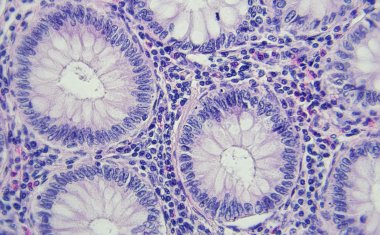U.S. drugmaker Eli Lilly agreed on Thursday to pay $29 million to settle civil charges that its subsidiaries made improper payments to foreign government officials to win business in Russia, Brazil, China and Poland.
Lilly's settlement with the U.S. Securities and Exchange Commission represents part of a broader bribery crackdown on the pharmaceutical industry by U.S. criminal and civil authorities as they continue to probe corruption.
The settlement stems from an investigation by the SEC of Lilly's activities from 1994 to 2009, Lilly said, adding the company was first notified of the probe in 2003.
In this case, the SEC alleged that a Russian unit of Indianapolis-based Eli Lilly used "marketing agreements" to funnel millions of dollars to government officials through offshore companies.
Eli Lilly, whose products include schizophrenia treatment Zyprexa and the depression drug Cymbalta, agreed to the settlement with the SEC without admitting or denying the charges.
The SEC said that when Eli Lilly became aware of possible violations of the law that bans bribing government officials it did not intervene on the use of the marketing agreements for more than five years. Moreover, the SEC said the company's units in Brazil, China and Poland made improper payments to government officials or third-party firms associated with government officials.
"Eli Lilly and its subsidiaries possessed a 'check the box' mentality when it came to third-party due diligence," said Kara Novaco Brockmeyer, head of the SEC enforcement unit that specializes in bribery cases.
"Companies can't simply rely on paper-thin assurances by employees, distributors, or customers. They need to look at the surrounding circumstances of any payment to adequately assess whether it could wind up in a government official's pocket."
Eli Lilly, in a statement, said that in addition to paying $29.4 million, it agreed to have an independent compliance consultant conduct a 60-day review of its internal controls and FCPA compliance.
"Lilly requires our employees to act with integrity with all external parties and in accordance with all applicable laws and regulations," said Anne Nobles, Lilly's chief ethics and compliance officer.
Nobles said Lilly had cooperated with the U.S. investigators and strengthened its internal controls, including significant investment in a global anti-corruption program.
Under the 1977 Foreign Corrupt Practices Act (FCPA), it is illegal for U.S. companies and foreign firms with listed U.S. stock to bribe government officials.
In February, a review by Reuters showed that eight of the world's top 10 drug makers, including Eli Lilly, had all warned investors they could face liabilities related to corruption charges in overseas markets.
Pfizer agreed to pay $60 million this year to settle FCPA charges and Johnson & Johnson reached a $70 million settlement last year.
Pfizer is on track to record $10 billion in sales from emerging markets this year, while J&J said Brazil, Russia, India and China accounted for just under 10% of the $65 billion in sales it reported last year.
Some experts say the kinds of fines paid for FCPA infractions may not be a great deterrent to big companies, which are relying increasingly on sales in emerging markets.
The law firm Shearman & Sterling, which puts out a semi-annual report tracking FCPA enforcement, found that penalties across all industries have averaged less than $20 million.





